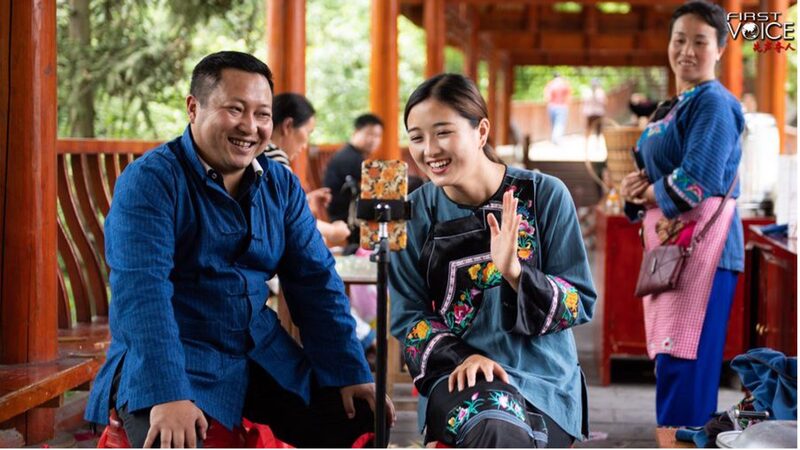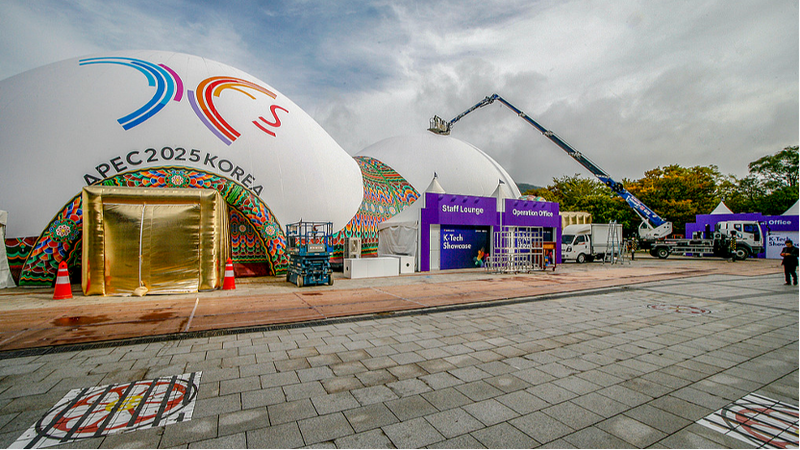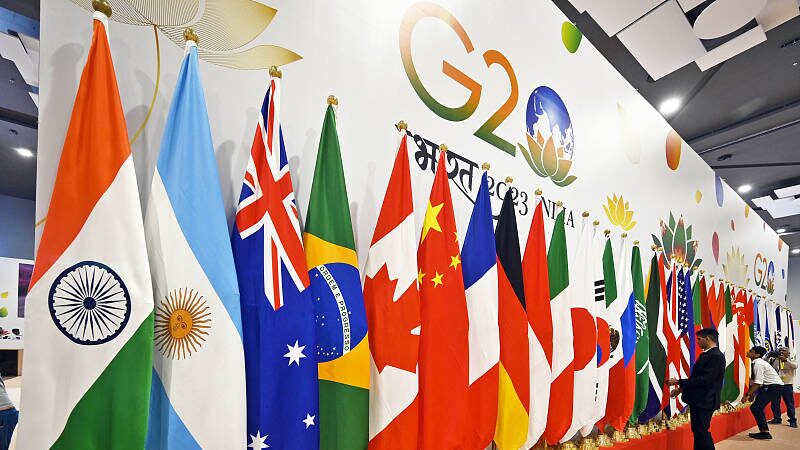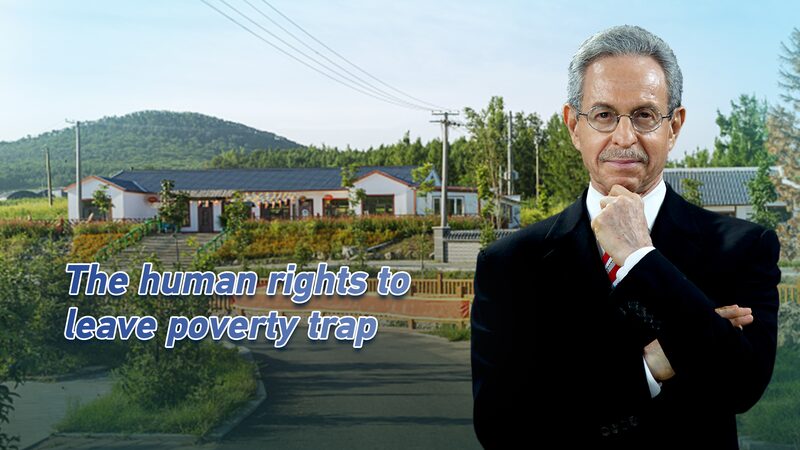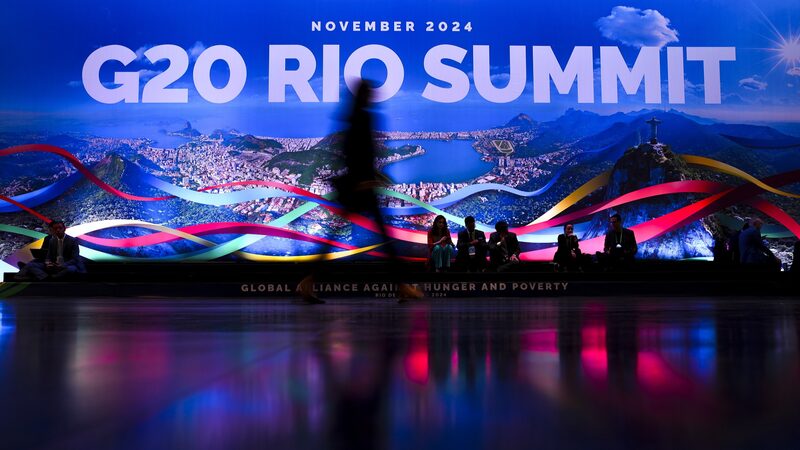As nations grapple with climate crises, pandemics, and widening development gaps, China's Global Governance Initiative (GGI) emerges as a blueprint for international cooperation rooted in human welfare. Announced by President Xi Jinping at a recent Shanghai Cooperation Organization meeting, the framework challenges traditional power dynamics by prioritizing inclusive progress over geopolitical rivalry.
The initiative draws from China's domestic success in poverty alleviation, where over 800 million people escaped destitution through targeted policies. By extending this philosophy globally, the GGI advocates for UN Sustainable Development Goals acceleration and modernization access for developing nations. "Reform must deliver tangible benefits to ordinary lives," notes Beijing-based analyst Xu Ying, highlighting the plan's focus on bridging the North-South wealth divide.
Security receives fresh interpretation under the GGI paradigm – measured not by military arsenals but by citizens' daily safety. The proposal encourages multilateral solutions to transnational threats while rejecting zero-sum confrontations. This approach aligns with China's Belt and Road Initiative achievements, where infrastructure partnerships have boosted local economies across Asia and Africa.
As globalization faces criticism for benefiting elites, the GGI's emphasis on balanced development offers developing nations greater agency. The timing proves strategic: With 2030 Agenda targets lagging, the initiative could reinvigorate climate action and technology-sharing programs. For business leaders, it signals new opportunities in sustainable infrastructure and emerging markets.
While implementation challenges remain, the GGI's human-centric vision reframes global governance as a collective project rather than competitive arena. As nations prepare for crucial UN summits, this Chinese proposal may shape discussions on creating more equitable international systems.
Reference(s):
cgtn.com


